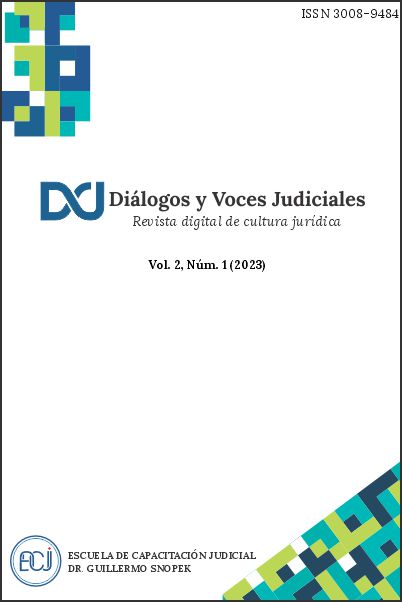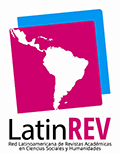Legal Pluralism in Argentina
A Narrative of an Absence
Keywords:
Legal Pluralism, Indigenous Communities, ArgentinaAbstract
n Argentina, contrary to much of Latin America, legal pluralism is only a debate that takes place in academic spaces, with a significant absence in judicial spheres. Although both ILO Convention No. 169 and the UN and OAS declarations on indigenous peoples are in force, the lack of an express constitutional recognition of the right to administer indigenous justice in communities leads to a common and widespread reaction of reluctance, ignorance, and unawareness among justice operators. In this context, while there are some known "glimpses" (it is assumed that there are many more that are undocumented) of the exercise of indigenous rights (which constitutes what is known as legal pluralism), these still have no impact on legislation or jurisprudence. Furthermore, indigenous communities do not primarily claim the violation of this right, as their current priorities are the reclamation of their territorial rights and the management of natural common goods, along with the right to prior, free, and informed consultation and consent.
Downloads
Published
Issue
Section
License
Copyright (c) 2024 Silvina Ramírez (Autor/a)

This work is licensed under a Creative Commons Attribution-NonCommercial 4.0 International License.
Esta licencia permite a los usuarios distribuir, reorganizar, adaptar y elaborar a partir del material en cualquier medio o formato únicamente para fines no comerciales, y siempre que se dé crédito al creador (CC BY-NC). Para más información, se sugiere visitar este enlace: Creative Commons Licenses.


